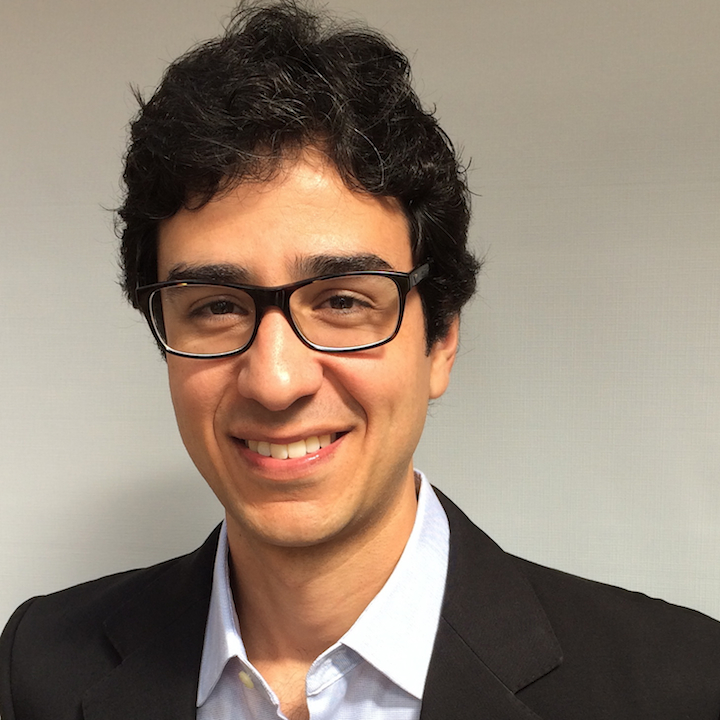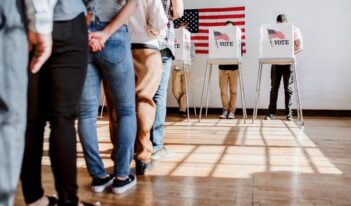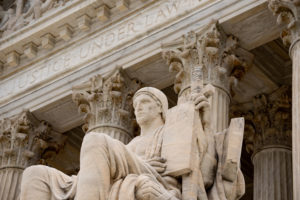
Electoral results indicate Brazilians remain divided over regulatory policy.
After Sunday’s first-round election in Brazil, the two finalists for the nation’s presidency present the country with two rather distinct approaches to regulation. When the election moves to its second round on October 26th, Brazilians will either choose to keep the moderate-left Dilma Rousseff for another four-year term or they will select Aécio Neves as the nation’s new center-right President. The competing interest groups and political parties that now support either Aécio Neves or Dilma Rousseff generally align themselves across the contemporary divide over regulation in Brazil.
As with most Latin American countries, Brazil has been actively using regulation and regulatory institutions as policy instruments over the last two and a half decades. The world’s fifth-most-populous country and seventh-largest economy has adopted much of the machinery of a modern regulatory state, joining with much larger international trends in regulation.
For example, a report released in 2008 by the Organization for Economic Co-operation and Development (OECD) on Brazil’s regulatory governance capacities lauded the country for its steps to modernize its regulatory infrastructure, even at the same time as it called for further reforms of Brazilian regulatory institutions. The OECD report has helped guide Brazil’s most important governmental initiative of regulatory quality improvement, its Program for Strengthening the Institutional Capacity for Regulatory Management (PRO-REG).
Nevertheless, some of the most internationally trumpeted regulatory “best practices,” such as Regulatory Impact Analysis (RIA) and centralized oversight, to name just two, have been examined only by selective agencies and tested in pilot projects with limited reach. This may be partly explained by implementation problems, although the predominant language used to promote regulatory innovation around the world – with its emphasis on efficiency and burden reduction – is not easy to square with renewed State activism, which has also regained momentum in Brazil in the last decade.
In the current presidential election, Dilma Rousseff of the Workers’ Party is running for reelection. She owes her first term as Brazil’s president, and actually most of her political career, to her predecessor, the super popular Lula da Silva, who governed the country between 2003 and 2010 and who selected Rousseff as one of his most powerful ministers. Both Silva and Rousseff were originally highly critical of former President Fernando Henrique Cardoso’s market-oriented reforms, which took place more substantially during the 1990s. Gradually, Silva and Rousseff adjusted their discourses and actions, and eventually embraced most of Cardoso’s institutional legacies in the name of governability and workability. This included Cardoso’s call for formal independence of regulatory agencies and his commitment to privatization. Privatization projects were actually replicated in other contexts by Silva and Rouseff’s administrations over the last decade, albeit with different contours and scope.
Rouseff’s rival, Aécio Neves, is Cardoso’s candidate. Neves belongs to the Brazilian Social Democratic Party, which has a stronger presence in more prosperous regions in the country and adheres to ideas that resonate favorably within business-oriented constituencies. Last Sunday, at the same time that Neves was completing a last-minute electoral sprint to overtake Marina da Silva and assure his place in the electoral run-off on October 26th, the Social Democratic Party had another chance to celebrate. For the sixth consecutive time, the Social Democrats elected a governor of São Paulo, the most industrialized state in the country, with an economy the size of Turkey’s.
The Social Democratic Party’s unambiguous message in favor of reducing the size of the state and opposing the imposition of red tape and regulatory burdens on corporations reinforces its ties with traditional business communities. Neves himself, while Governor of Minas Gerais, another wealthy southeastern state, has had the opportunity to put in place austerity measures, known as “management shocks.”
One of the key issues dividing the Social Democratic Party and Workers’ Party centers on the independence of regulatory agencies. Albert Fishlow, professor emeritus at both the University of California–Berkeley and Columbia University and a long-standing analyst of Brazilian politics and economy, claims in his book, Starting Over: Brazil Since 1985, that there has been sustainable independence for regulatory authorities all the way from Cardoso to Rousseff administrations. Yet throughout the last three Workers’ Party administrations in particular, a sensitive matter has arisen related to allegations that the Party has attempted to thwart the independence of regulatory agencies’ decisions.
This issue has recently become much more contentious, and it has entered the mainstream of popular debate and become one of the biggest electoral issues. In particular, much debate has focused on the independence of the Brazilian Central Bank (BCB). Currently, the BCB is not formally independent, although its governor exercises substantial technical autonomy. Tapping into fears that inflation may be out of control in the country, Aécio Neves favors granting full independence to the central bank’s technical expertise, while Dilma Rousseff finds herself on the opposite side of the debate over the BCB’s independence.
At the theoretical level, securing real independence of regulators is much more complex than what the Brazilian presidential debate might suggest. Although depoliticized regulatory agencies are the quintessential component of the modern regulatory state, regulation specialists have for years emphasized that regulation is on the ground inherently confrontational and political. Rulemaking is said to be anything but neutral, and regulatory decision-making processes are susceptible to deck-stacking so as to adhere to dominant constituents’ long-term interests. Moreover, in some areas, subtle forms of cultural or epistemological capture may come to dominate regulatory policymaking.
Yet even if regulatory agencies can never be fully independent of society, there can be greater or lesser degrees of independence in regulatory decision-making, which undoubtedly is what is fueling the current political debate in Brazil. The sheer attention given to regulatory themes in the presidential race is truly remarkable, as never before have issues intrinsically related to regulatory architecture and governance turned out to be so salient with the public in Brazil. When Brazilian voters return to the ballot box at the end of the month, they will not only be choosing their next president, they will be deciding the direction their country will take in navigating the relationship between the market and the state.




